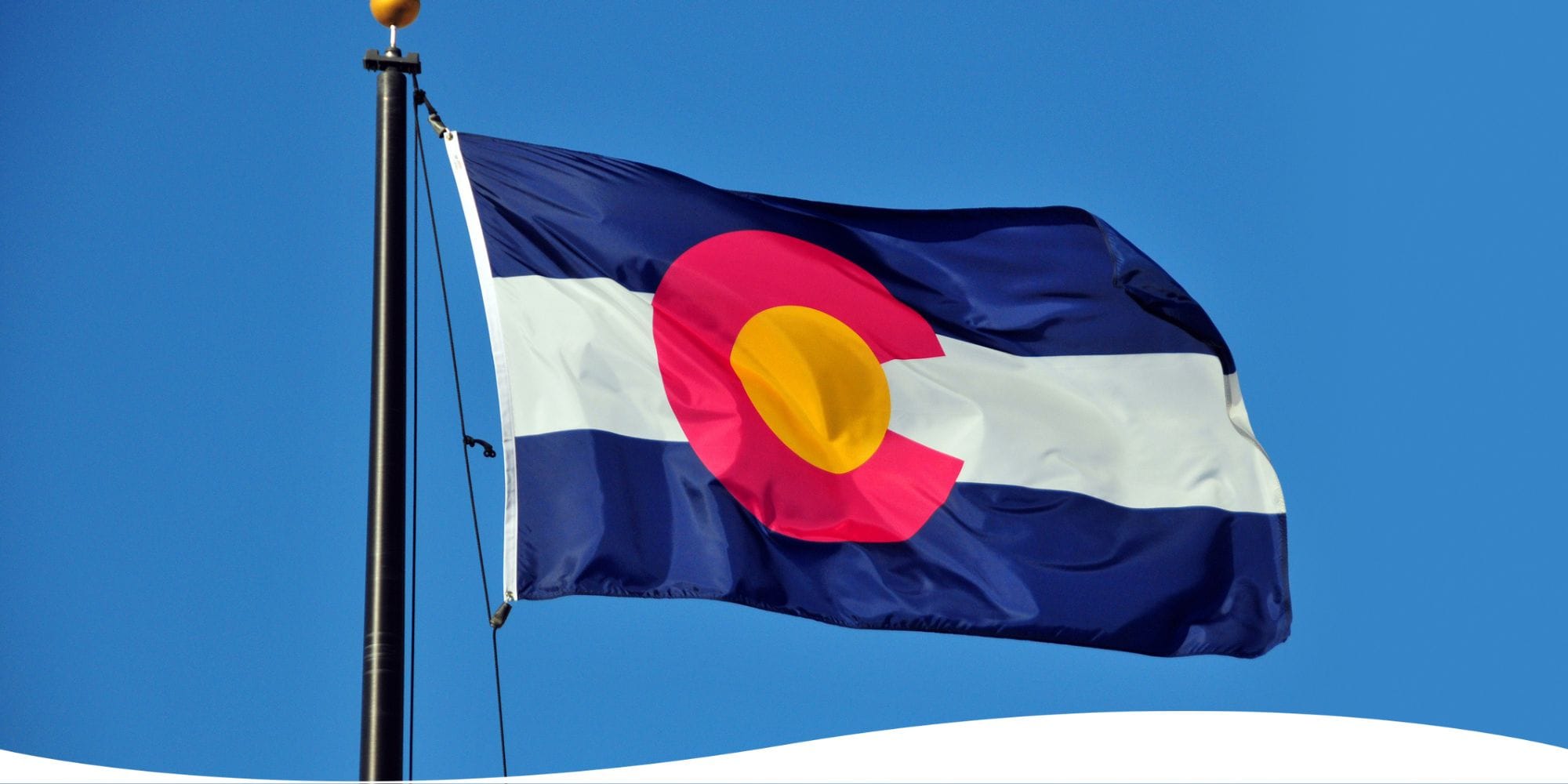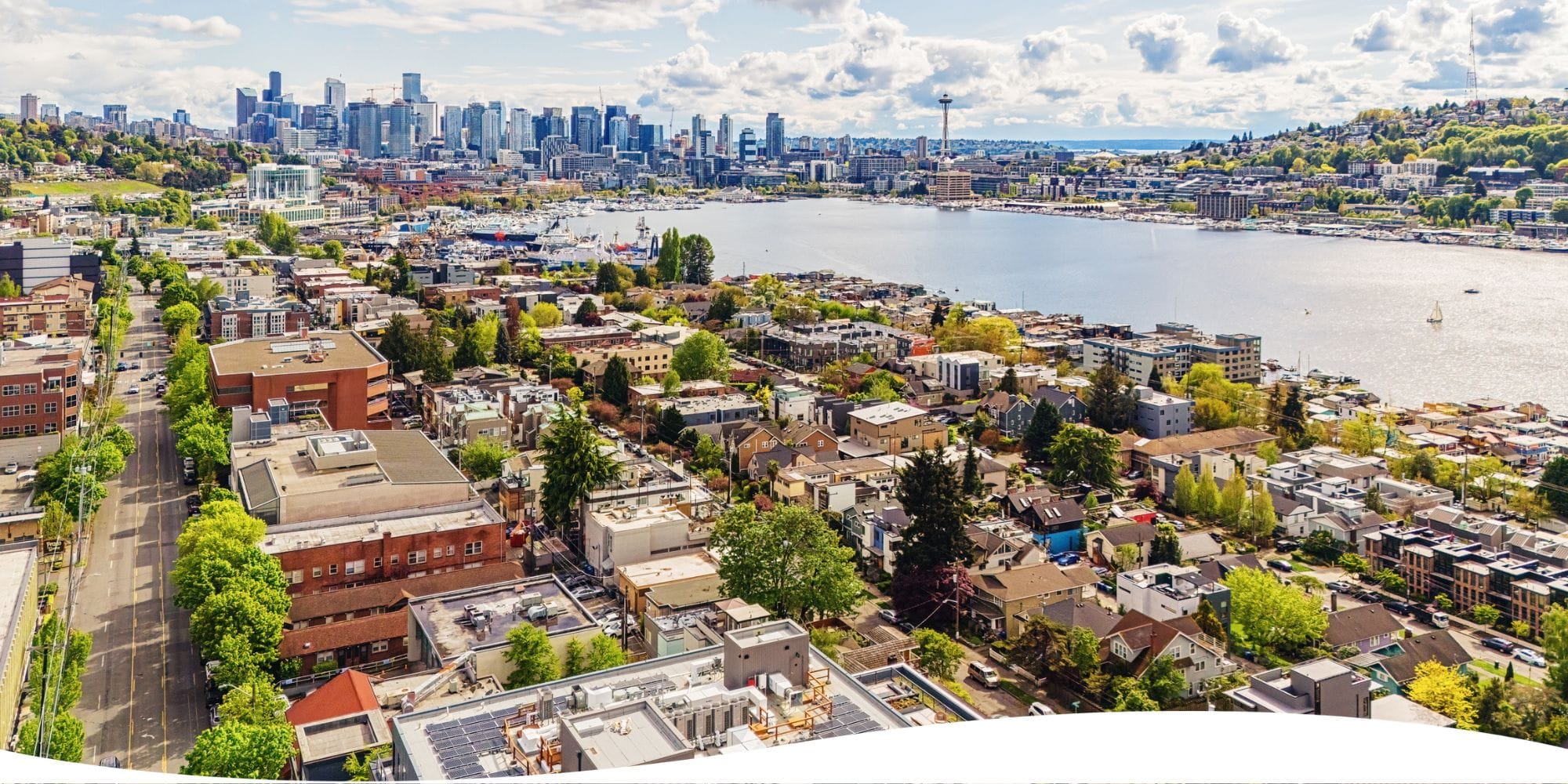Goodcover’s Guide to Georgia Rent Increase Laws: Know Your Rights as a Renter
19 May 2024 • 6 min read

While Georgia law doesn’t have strict rent control laws like some other states, there are still regulations in place to protect tenants from unfair practices. We get that rent increases can be scary, and we want to help.
In this guide, we’ll walk you through everything you need to know about Georgia’s rent increase laws, from how much notice your landlord must provide to what you can do if you’re facing an unreasonable rent hike.
By the end, you’ll be armed with the knowledge to advocate for yourself and ensure that you’re being treated fairly by your landlord.
- How Much Can a Landlord Raise Rent in Georgia?
- Understanding Georgia’s Landlord-Tenant Laws
- What To Do if You’re Facing an Unreasonable Rent Increase
- Final Thoughts: The Renters Guide to Georgia Rent Increase Laws
How Much Can a Landlord Raise Rent in Georgia?
In Georgia, there’s no state law limit on how much a landlord can raise your rent. However, if you have a lease agreement, your landlord cannot increase your rent during the lease term unless the agreement specifically allows for it.
Once your lease expires, your landlord can raise your rent by any amount they choose, as long as they provide proper notice (more on that later).
It’s worth noting that while there’s no state-wide rent control in Georgia, some local governments have implemented their own rent stabilization policies.
For example, in Atlanta, landlords must provide at least 60 days’ notice before increasing rent by more than 5% for tenants who have lived in the property for more than 12 months. And that’s just for the city of Atlanta, not the entire metropolitan area.
While the Georgia housing market is down 5% year over year, Georgia’s rent prices went up by 16.1% between 2023 and 2024. So, even though the market is cooling off a bit, you should still be prepared for the possibility of rent increases when your lease is up for renewal.
Understanding Georgia’s Landlord-Tenant Laws
If you receive notice of a rent increase that seems unreasonable or unaffordable, don’t panic. As a renter, it’s a smart idea to understand Georgia’s rent increase laws so you can address your unique situation.
Your Landlord’s Responsibilities
First off, your landlord has to provide you with a safe and livable space. That means they’ve got to handle necessary repairs and make sure your place meets local government housing codes. If they’re slacking on this, you’ve got the right to speak up.
Don’t be afraid to let your landlord know if something needs fixing — it’s their job to keep your home in good shape. Georgia law requires landlords to maintain the property in a habitable condition, so you can take action if your landlord isn’t holding up their end of the bargain.
Your Obligations as a Renter
Now, as a renter, you’ve got some responsibilities too. You must pay your monthly rent on time, keep your place in good shape, and follow the rules in your lease agreement. Basically, be a good tenant, and everyone’s happy.
One way to show your landlord you’re a responsible renter is by having renters insurance. Not only does it protect your belongings in case of unexpected events, but it also shows your landlord that you're proactive about taking care of your stuff.
Plus, with Goodcover, you can get affordable, hassle-free renters insurance that has your back.
The Eviction Process Explained
If you hit a rough patch and can’t pay your rent, your landlord might start an eviction process. But they can’t just kick you out on the street — they have to follow legal procedures, like giving you written notice and filing paperwork with the court.
If you find yourself in this situation, don’t panic. There are resources out there to help you, like Georgia Legal Aid, which provides free legal assistance to low-income individuals and families.
Protection Against Retaliation and Discrimination
Your landlord can’t retaliate against you for standing up for your legal rights, like requesting repairs or joining a tenant organization. And they definitely can’t discriminate against you based on things like your race, gender, or disability. That’s just not cool.
If you feel like your landlord is retaliating or discriminating against you, reach out to the Georgia Commission on Equal Opportunity for help.
What To Do if You’re Facing an Unreasonable Rent Increase
Rent increases can be stressful, but you have options. Here’s what you can do if you think you’re facing an unreasonable rent increase:
Review Your Lease Agreement
First things first, take a look at your rental agreement. Check to see if it allows for rent increases and if your landlord has followed the proper procedures outlined in the lease.
If your lease doesn’t mention the amount of rent increases or your landlord hasn’t given you any notifications, you may have grounds to push back on the increase.
Don’t be afraid to ask your landlord for clarification on the lease terms and the reasons behind the rent hike.
Negotiate With Your Landlord
If you’re a good tenant with a history of paying rent on time, your landlord may be willing to work with you. Try to have an open and honest conversation about your financial situation and see if you can come to a compromise.
Maybe you can offer to sign a longer, new lease in exchange for a smaller rent increase, or perhaps you can agree to take on some minor maintenance tasks to offset the hike. Remember, your landlord wants to keep good tenants, so they may be open to negotiation.
Here are some tips on rent negotiations:
Look for Other Housing Options
If your landlord won’t budge and you can’t afford the rent increase, it may be time to start exploring other housing options in Georgia or elsewhere. Start by researching comparable homes in your area to get a sense of fair market prices.
You can also look for homes in nearby neighborhoods or cities with more affordable housing. Don’t forget to factor in moving costs and other expenses when budgeting for a new place.
And if you need help finding a new home, consider working with a local housing organization or a reputable real estate agent.
Consider Legal Action
If you believe your landlord has violated your rights or acted in bad faith, you may want to consider taking legal action. For example, if your landlord has increased your rent as a form of retaliation or discrimination, you may have a case for legal action.
Start by documenting any communication with your landlord and gathering evidence to support your claim. Then, consider reaching out to a local tenants’ rights organization or a housing attorney for guidance on your options.
Taking legal action can be a lengthy and expensive process. So, it’s important to weigh your options carefully to ensure you have fair grounds to make a case.
Final Thoughts: The Renters Guide to Georgia Rent Increase Laws
Here are some additional resources to dive into:
- Georgia Tenant Rights Brochure
- Local Tenants Rights in Georgia
- Georgia Landlord-Tenant Handbook
- The Complete Guide To Georgia Renters Insurance
As a renter, navigating Georgia’s rent increase laws can be challenging, but remember that you have rights and options. By understanding the law, communicating with your landlord, and exploring all available resources, you can advocate for yourself and find a solution that works for you.
And if you want total peace of mind, consider protecting your belongings with Goodcover renters insurance. We offer affordable, hassle-free coverage that has your back, no matter what life throws your way.
Get a quote today and see how easy it is to protect what matters most.
Note: This post is for informational purposes; insurance regulation and coverage specifics vary by location and person. Check your policy for exact coverage information.
For additional questions, reach out to us – we’re happy to help.
More stories
Dan Di Spaltro • 21 Jul 2025 • 18 min read
How to Make Changes to Your Tenancy Agreement
Team Goodcover • 19 Aug 2024 • 10 min read
Colorado Rent Increase Laws: A Comprehensive Guide for Renters
Team Goodcover • 19 Jul 2024 • 6 min read
Goodcover’s Guide to Ohio Rent Increase Laws: Know Your Rights as a Renter
Team Goodcover • 19 Jun 2024 • 6 min read
New Jersey Rent Increase Laws: Know Your Rights
Team Goodcover • 10 Jun 2024 • 5 min read




